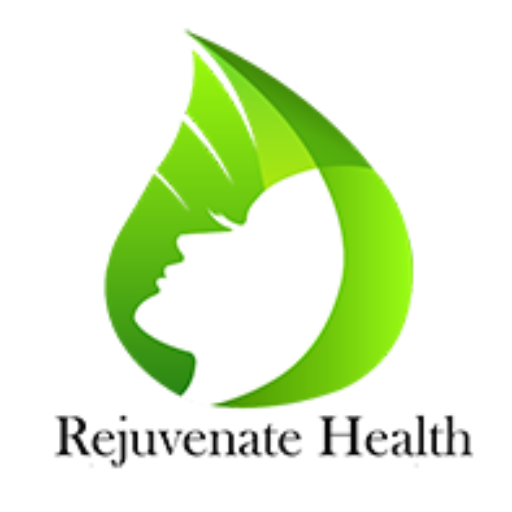Introduction
A sudden fall in blood pressure can be as dangerous and detrimental to health as high blood pressure. In severe cases, it can be life-threatening and lead to a number of complications like:
- Fainting spells
- Coma
- Stroke
- Cardiovascular diseases
Causes of hypotension or low blood pressure
There are various causes which can lead to sudden drops in blood pressure including:
- Heart failure
- Heart arrhythmias
- Liver disorders
- An underactive thyroid (hypothyroidism)
- Diabetes
- Low blood sugar (hypoglycemia)
- Certain over-the-counter medications
- Pregnancy
- Widening of the blood vessels
- Heat stroke
Fortunately, low blood pressure can often be prevented or controlled. Eating certain types of food can help you raise your blood pressure.
What to eat and drink
Drink more fluids
Dehydration causes your blood volume to decrease, which makes your blood pressure drop.
Most doctors recommend drinking at least two litres of water every day.
Staying hydrated is especially important during hot weather or while exercising.
Boost your B12 intake
Vitamin B12 is essential for the body’s production of healthy red blood cells. Too little vitamin B-12 can lead to a certain type of anaemia, which can reduce blood pressure and can cause excessive bleeding, as well as organ and nerve damage.
Vitamin B12-rich foods include eggs, chicken, fish such as salmon and tuna, fortified cereals and low-fat dairy products.
Fill up on folate
Folate (also known as Vitamin B9) is another important vitamin found in foods like asparagus, broccoli, liver, and legumes like lentils and chickpeas.
A folate shortage can manifest many of the same symptoms as a Vitamin B12 deficiency, resulting in anaemia and reduced blood pressure.
Asparagus, beans, lentils, citrus fruits, leafy greens, eggs, and liver are examples of folate-rich foods.
Eat sodium-rich foods
According to experts, there is a direct correlation between salt and blood pressure: foods with high salt content can cause a substantial spike in your blood pressure.
Low BP patients can benefit by marginally increasing their salt intake – not more than two grams of sodium in a day.
Some of the healthiest foods with higher salt content include olives, cottage cheese, and canned soup or tuna.
Drink caffeine
Beverages like coffee and caffeinated tea are short-term solutions for hypotension. Caffeinated beverages cause a temporary spike in blood pressure by stimulating the cardiovascular system and boosting your heart rate.
If you suffer from low blood pressure, then having a cup of coffee in the morning can be an instant remedy.
What to avoid if you have hypotension
Cut back on carbs
A new study shows that a low-carbohydrate diet can effectively help with off-setting hypotension, especially in older adults.
When you eat a food that is high in carbohydrates, particularly processed carbs, it tends to digest very quickly relative to other foods.
This can result in a sudden drop in blood pressure.
Go easy on alcohol
If you have blood pressure that is naturally lower than normal, it is advised that you should try to limit your alcohol consumption and should never use alcohol as a way of treating low blood pressure.
Binge drinking and long-term high-risk drinking can lower your blood pressure by reducing your blood volume.
How low blood pressure is diagnosed?
To determine whether you have hypotension, your doctor will evaluate you using a combination of a physical examination, an investigation of your medical history, and a number of medical tests.
He will first examine your symptoms, the circumstances triggering the drop in blood pressure, and your medical history.
He may also take your blood pressure and pulse rate after you’ve laid down for a few minutes, right after you get out of bed, and a few minutes after you get up.
You should also expect a few cardiac tests, as low blood pressure can indicate a heart problem.
An ECG and an echocardiogram are two of these exams that give a clear picture of your heart.
Blood tests to check for hormone levels and blood sugar levels may also be required.
Final thoughts
Maintaining normal blood pressure is critical to the health of your heart and arteries, and it’s critical to monitor your readings so you can make necessary changes before health concerns arise.
Even if your blood pressure is normal, you should have it checked at least once per year or two.
It would also be an effective idea to take regular preventive health checkups to keep track of your blood pressure.
